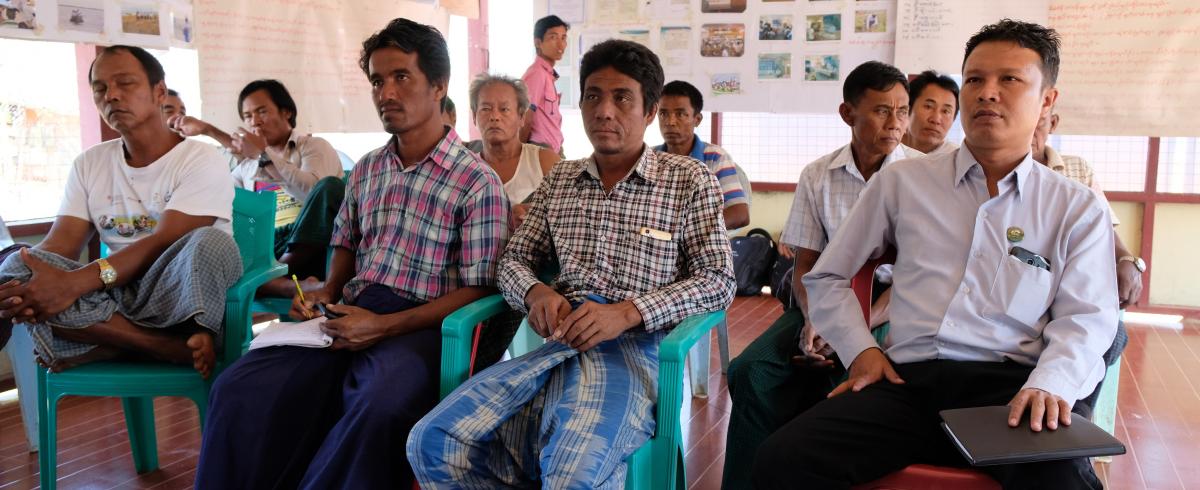"Cooperatives in the small-scale fisheries sector are a way of maximizing long-term community benefits to deal with the threats of fisheries mismanagement, livelihood insecurity and poverty – harsh realities for many of the world’s small-scale fishers. Communities with successful community-based organizations are better off than those without (Ostrom, 1990). Successful cooperatives are possible, feasible and desirable and play an important role in community development. Cooperatives have the potential to empower small-scale fishers against environmental and socio-economic shocks such as catch shortfalls, sickness and death in their families, natural disasters and hunger.
The following case studies show how fisheries cooperatives contribute to improving the conditions of small-scale fishers around the globe."

